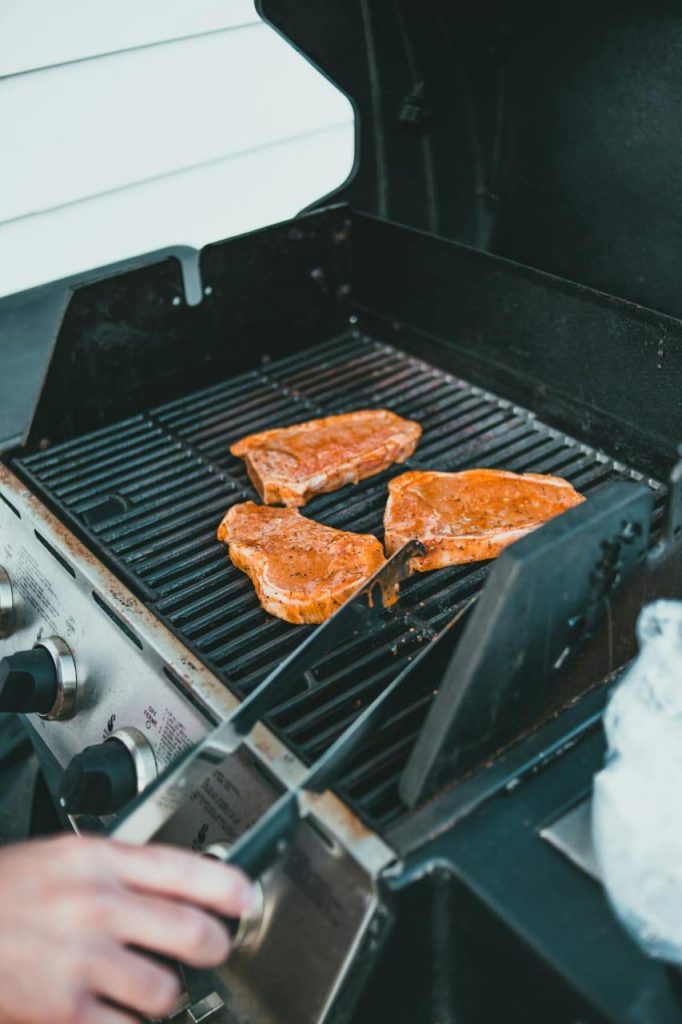Selecting the best grill to meet your specific needs involves careful consideration of various factors, from the type of grilling you prefer to the features that enhance your cooking experience. This guide provides a comprehensive approach to purchasing the perfect grill, covering key aspects such as fuel type, size, construction materials, and additional features.
Choosing the Right Fuel Type
The first decision when purchasing a grill is determining the preferred fuel type: charcoal, gas, or electric. Charcoal grills offer a distinct smoky flavor but require more time and effort for preparation and cleanup. Gas grills provide convenience with quick ignition and precise temperature control, while electric grills are user-friendly and suitable for indoor use. Consider your grilling style, flavor preferences, and convenience factors when selecting the fuel type that aligns with your needs.
Evaluating Grill Size and Cooking Area
One critical factor to consider when buying a grill is its size and cooking area. An accessible built-in grill, designed for seamless integration into your outdoor space, often comes in various sizes to accommodate different cooking needs. By carefully assessing the grill size and cooking area, you ensure that it aligns with your intended usage and the available space in your outdoor kitchen or backyard.
Construction Materials and Durability
When it comes to durability and lifespan, the materials that are utilized in the building of your grill are quite important. Cast iron and stainless steel are two materials that are often used because of their resistance to rust and corrosion, which allows them to perform well in a wide range of weather situations. When evaluating the durability of the grill, it is important to pay attention to the quality of the grill grates, burners, and the general structure.
Temperature Control and Cooking Features
Temperature control is a critical factor that influences the versatility of your grill. Look for grills with precise temperature adjustment options, multiple burners, and even heating distribution. Some advanced grills feature searing zones, rotisserie burners, and infrared technology for enhanced cooking capabilities. Consider your preferred cooking techniques and choose a grill with features that align with these preferences. The ability to control and customize the cooking temperature ensures that your grill accommodates various recipes and cooking styles.
Additional Features and Accessories
Grills often come with additional features and accessories that can enhance your grilling experience. Side burners, for example, provide an extra cooking space for sauces or side dishes. Built-in thermometers, LED lighting, and storage shelves contribute to convenience and functionality. Some grills offer smart technology integration, allowing you to monitor and control the cooking process remotely. Evaluate the available features based on your preferences and cooking habits.
Conclusion
Purchasing the best grill for your needs involves a thoughtful evaluation of various factors, including fuel type, size, construction materials, temperature control, and additional features. By understanding your grilling preferences and considering the specific requirements of your outdoor space, you can make an informed decision that aligns with your lifestyle. As you explore the diverse options available, the key is to select a grill that meets your cooking needs and enhances your overall grilling experience for years to come.
James Martin is a passionate writer and the founder of OnTimeMagazines & EastLifePro. He loves to write principally about technology trends. He loves to share his opinion on what’s happening in tech around the world.



